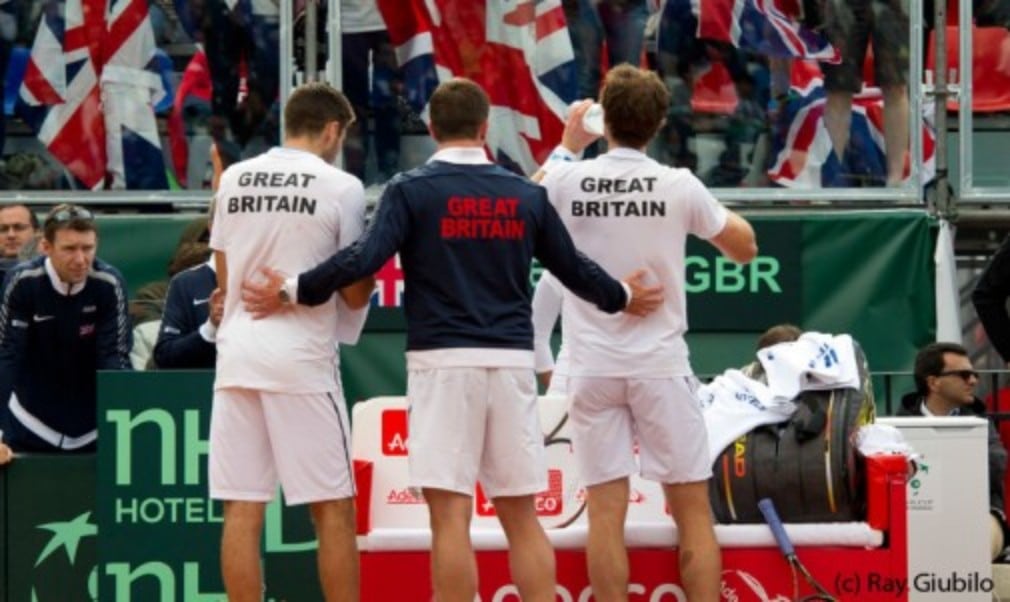
Taking one for the team
Originally published on 05/03/15
For a singles player, tennis, like golf, is essentially an individual sport. But team competitions like the Davis Cup and Fed Cup offer another layer to competition.
For some, it is an unwelcome variation to their routine. For others, the sensation of being part of a team helps raise their game. Henri Leconte never won a Grand Slam singles title, but relished the atmosphere of the Davis Cup, famously beating Pete Sampras in the final when France defied the odds to win the title in 1991.
Leconte reached the final at Roland Garros in 1988, but the left-hander, who compiled a 41-25 record for France over 13 years, valued the team competition over majors.
"For us, the Davis Cup came before the Grand Slams in importance," he said. "I think it's very important to play for your country."
“Henri was phenomenal for his country but on the tour, although a fantastic player, he could not reach the same heights as in the Davis Cup,” says Dave Sammel, ATP coach and author of “Locker Room Power”.
As well as building social skills and honing communication skills, team sports can dismantle cultural barriers, help build self-esteem and establish accountability, explains Shameema Yousuf, a sports psychology consultant and founder of Empower2Perform.
“Individuals develop a sense of belonging by participating in team sports,” says Yousuf. “It also allows individuals to socialise and build camaraderie with others that they may compete against in other circumstances. These essential life lessons enable juniors in particular to prosper in all environments as they learn that a competitor is not necessarily your foe.”
Former French Open champion Iva Majoli played 22 ties for Croatia between 1993 and 2004 and is now captain of a young team featuring promising teenagers Donna Vekic and Ana Konjuh.
“The tour is very difficult, you play every week and you are often alone,” says Majoli. “The girls are happy to get together and have a nice week playing for their country instead of themselves. Lots of players bring an extra 30%; they really want to play their best. We feel like a family and I try to give them as much advice as I can.”
While on-court coaching is not permitted on the ATP Tour and at the Grand Slams, a Davis Cup or Fed Cup captain can offer advice from the bench. “Tactical changes can definitely influence a match,” says Sammel, “but the other thing that’s very important is that you can give a player fantastic perspective during a changeover.
“Having support, not just from the captain but the rest of the team is critical. I think it’s important that when teams are playing each other that the benches have a balanced look. Psychologically that’s very important.
“I remember a Davis Cup match when Great Britain played USA and Jim Courier beat Tim Henman in the opening rubber. They had a lot of guys on their bench and they were making so much noise. I told the captain that we needed to balance the benches, and I believe that had an influence on the outcome of the doubles the next day.”
The inaugural International Premier Tennis League provided fans with the chance to support a team as well as individual players, while more than 25,000 players took part in the LTA’s Aegon Team Tennis competition last year.
Playing for a team can bring extra pressure, but for most, the team environment offers a different level of support, competition and camaraderie, making a solitary sport more enjoyable.


